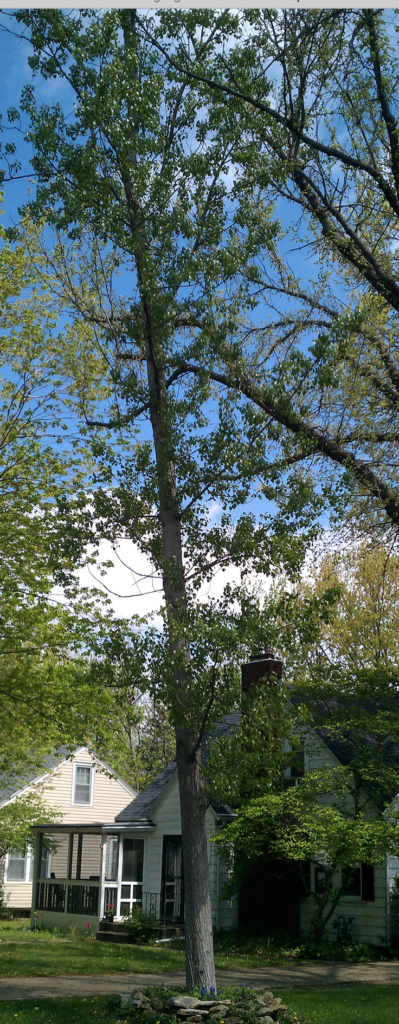 In 1994 when the Legislature was debating the reinstatement of the Kansas death penalty, proponents kept saying the tragedy of murder had to lead to another death via execution. Murder victim family member Bill Lucero visited legislators and told them that it did not need to end that way.
In 1994 when the Legislature was debating the reinstatement of the Kansas death penalty, proponents kept saying the tragedy of murder had to lead to another death via execution. Murder victim family member Bill Lucero visited legislators and told them that it did not need to end that way.
He told the House Federal and State Affairs Committee in January 1994 ”The death penalty that’s been proposed will not relieve that suffering and pain……Legal vengeance, thinly disguised as ‘retribution justice’ only prolongs and creates greater suffering. Let me emphasize, healing will only occur from time, and the love and support of friends and relatives.”
When Governor Finney allowed it to become law without her signature, Bill responded with a visual living reminder. He planted a Kansas cottonwood in his front yard to serve as a symbol of ongoing opposition to the death penalty and the vision of Kansas’ potential for a more life giving response to the tragedy of homicide.
In the 25 years of the Kansas death penalty, increasing numbers of Kansans have come to see that the death penalty doesn’t make sense for many practical and moral reasons. More murder victim family members have become vocal about their own experience of loss and the path to healing and justice without the death penalty. Their witness has helped other Kansans understand what the death penalty can do to murder victim families.
Murder victim family member Mary Head in her testimony on HB 2282 (2019) noted the toll the death penalty process takes on murder victim families in prolonging their suffering. She offered an alternative “…Given that many cases like my sister’s go unsolved, I have a hard time understanding why Kansas and other states dedicate time and resources to keeping the death penalty when those resources could be reallocated towards solving cold cases and providing much needed support to families.”
Yes, just as that little cottonwood has grown into a tall tree, a growing number of Kansans understand: the tragedy of homicide does not need to end with another death. There is a path to healing and justice without state sanctioned death.


